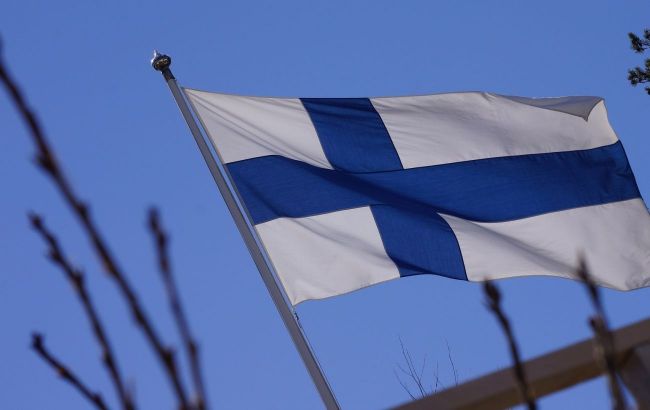Finland plans to ban import of Russian liquefied natural gas
 Illustrative photo (Getty Images)
Illustrative photo (Getty Images)
The Finnish government is preparing to ban the import of Russian liquefied natural gas (LNG) from next year. Helsinki does not intend to wait until it falls under corresponding sanctions from the European Union, writes Helsingin Sanomat.
The Minister of the Environment and Climate Change of Finland, Kai Mykkänen, stated that the goal is for the ban to take effect in 2025.
"I don't want to promise a specific date, but I hope that next year we will be in a situation where the ban will take effect," he said.
The decision is expected to take effect in the spring. After that, the Finnish government may present its proposal for an import ban. Mückanen noted that the project must be carefully prepared.
According to the decree text, Finland must also consult with the European Commission and take into account possible concerns from neighboring countries. The ban may be imposed for a limited time only.
Other countries like Latvia and Lithuania have already banned the import of Russian gas by national decisions, but Finland wanted to wait for the entry into force of gas market reforms. According to Mykkänen, changes in EU legislation make the import ban simpler and improve its legal clarity. However, he acknowledges that reaching an agreement on new energy sanctions is difficult.
"It would be easiest if the EU made a joint decision on this, but some member states are not ready for it. It is a fact that such a decision cannot be made in the EU," noted the Finnish minister.
Import of liquefied gas from Russia
Last year, Russia supplied nearly 16 million tons of liquefied natural gas (LNG) to Europe. While pipeline gas deliveries to the EU sharply decreased, LNG deliveries increased. The largest buyers of Russian LNG were Spain, France, Belgium, and the Netherlands.
Finland imported Russian natural gas last year for several million euros per month, which is a relatively small volume. Before Russia stopped supplying pipeline gas to Finland in May 2022, the cost of imports exceeded 100 million euros per month.
Earlier reports indicated that U.S. sanctions pose a significant obstacle to Russia's plans to increase the export of liquefied natural gas to compensate for the reduction in pipeline gas exports to Europe.

